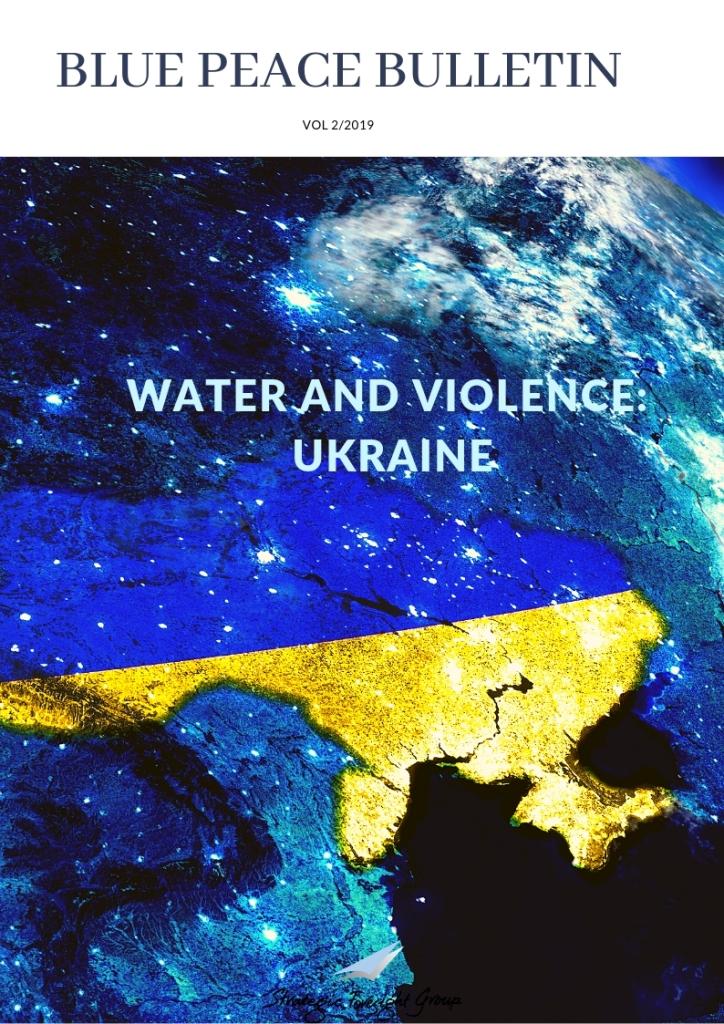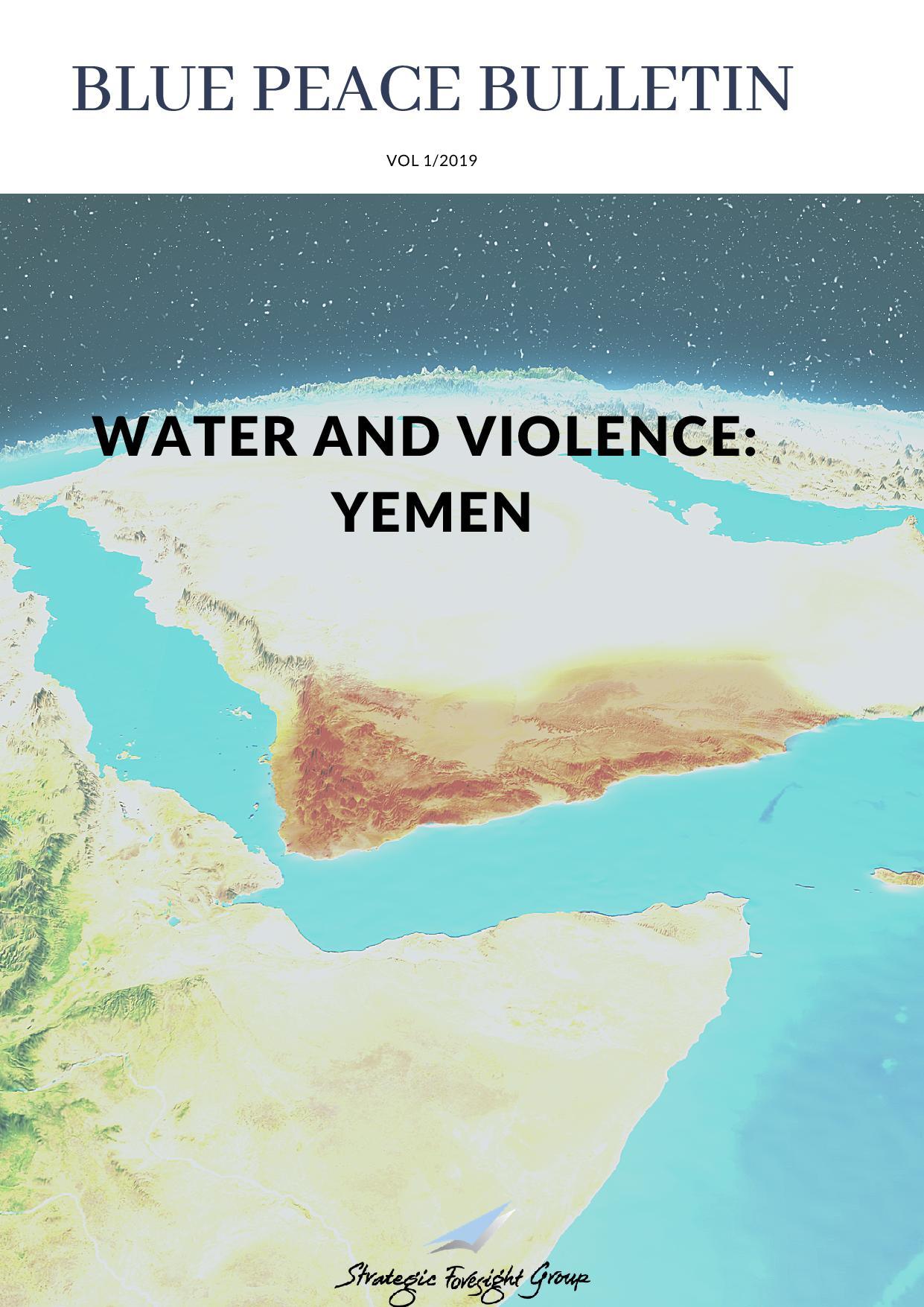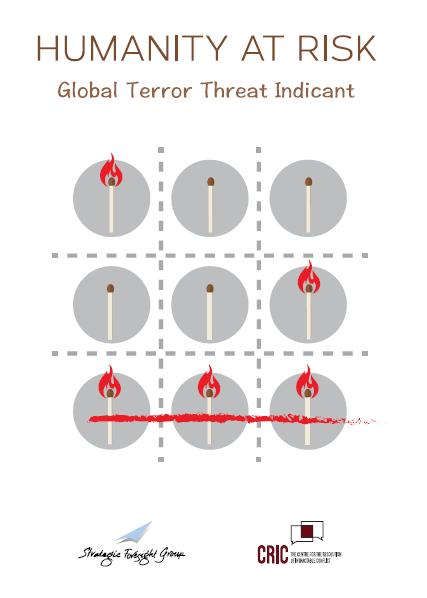Divisive Politics and its Security Implications
|
|
October , 2008
By Rohit Honawar
|
As the United States financial crisis looms large over international markets and threatens to engulf global economies into a downward spiral of recession and uncertainty, there is a stark reminder of how globalization and inter-dependence between nations exposes the frailties and vulnerabilities of the international system. The notion that the world can be characterised as a �€˜Global Village�€™ devoid of borders and boundaries, in which change for one can result in change for others, has come to symbolize prevalent political and social attitudes �€“ with the domestic and foreign policy decisions of nation states often having repercussions for other players. In an apparent �€˜shrinking�€™ or re-configuration of the international system, it is pertinent to question how today�€™s political and financial decisions (or lack thereof) threaten the social fabric of our world on a global, regional, national and domestic level? In conjunction, while the notion of a �€˜global village�€™ has come to symbolize interconnectedness and mutual dependence, it can be argued that the �€˜village�€™ is becoming increasingly representative of �€˜warring tribes�€™ which threaten the future stability of nations and regions.
From Asia to Europe and Africa to the America�€™s, the international system is being increasingly challenged by hostilities emanating on the basis of religion, colour, ethnicity, regionalism and social divide. The aggressive behaviour is often accompanied by xenophobic and/or nationalist/regionalist sentiments which transcend borders and the �€˜North-South�€™ divide. This affirms the notion that the prejudices are not dependent on location and levels of national prosperity but, rather on the outcome of divisive politics which threaten to destabilize nation states and have a greater immediate and long term impact than conventional warfare and terrorism �€“ currently, two of the most widely perceived threats to the international system. Furthermore, the urgency and fragility surrounding the issues makes it imperative that constructive measures are implemented to ensure that divisive politics and violence stemming from economic disparities are not allowed to challenge the stability of the international system.
Ironically, it is the very notion of a �€˜global village�€™, intended to harness our similarities for a peaceful coexistence, which has worked to create divides and violence based on colour, ethnicity, regional ties and social disparities. In addition, the transference of information and ideas, ease of travel and inter-connectedness �€“ all attributes of the �€˜global village�€™ �€“ have fueled hostilities or, given rise to circumstances which create animosity and highlight differences.
India is a prime example of a nation which has been adversely confronted by the politics of religion, ethnicity, regionalism and inequality. From religious politics in Orissa and Karnataka, to economically motivated killings in Haryana, states across the country continue to face violence at the hands of individuals who draw on difference to disrupt the social fabric of society. In conjunction, statistics portraying high national growth levels often obscure from the fact that India�€™s hinterland lags behind a rapidly growing periphery and urban centers �€“ a situation which gives rise to a disenchanted population, easily swayed into vigilante behaviour by manipulative individuals.
As the recent terrorist attacks have demonstrated, those held responsible for the acts can often be traced to the hinterlands of India �€“ with the small towns and villages of Uttar Pradesh providing the most recent example. The fallout from unsuccessfully addressing social and economic discrepancies is a volatile population and a heightened security risk for the country. Furthermore, the strong decisive measures required to rectify the situation are rarely employed by politicians fearful of alienating Hindu supporters by appeasing to the large minority population, who in turn are left searching for answers elsewhere. In such instances, ease of travel and freedom of information have assisted perpetrators of violence, be it through terrorist acts or religiously motivated killings. If left unchecked, such sporadic albeit worrying trends, are likely to increase in the future, as people are given greater access to hate propaganda and contorted perceptions �€“ eventually evolving into scenarios which threaten to undo the �€˜rapid�€™ development India has witnessed in recent years.
The Indian example is by no means an isolated case on the global stage. Historically, European countries have taken pride in the diversity and multi-cultural attributes which have differentiated them from other nations. Over the years however, several European states have replaced their multi-cultural identities for policies based on assimilation and integration �€“ two concepts which call on the large migrant populations of the continent to dilute their cultural and religious affiliations for a more homogenous European identity. Such policies, which are already being met with resentment, are likely to create new pockets of violent reactions and give rise to the �€˜home grown�€™ terrorist in parts of Europe which have remained relatively unscathed from the repercussions of the �€˜war on terrorism�€™ thus far. In the future, countries such as France, Germany, Denmark and Italy are likely to be challenged by an increased terrorist threat as a result of their �€˜exclusive�€™ policies in a world which purport�€™s inclusivity. It is imperative to understand that while terrorism is a real problem, it is merely a symptom and, that in a similar experience to India, Europe�€™s unwillingness to redress nationalistic, divisive and religiously motivated policies and actions, will result in a situation which the policy makers are determined to prevent.
Linguistic snobbery in India and Belgium; Debates over appropriate levels of press freedom in Europe; Economic disparities across Asia and; a revival of nationalist sentiments in Denmark and France �€“ are just a handful of issues simmering atop a fragile international system, which is increasingly less demarcated by boundaries and, further disaffected by differences. In the �€˜global village�€™ of today, it is not so much politics at the national level which concerns the masses but, that at the regional and local level which directly impacts and fuels the so called �€˜warring tribes�€™ which is of greater consequence. If left unchecked, these issues are likely to have greater immediate and future consequences than issues of proliferation, terrorism and conventional warfare.
Related Publications
Related latest News
Related Conferences Reports
-

P5 Experts Roundtable on Nuclear Risk Reduction
Download:Geneva Roundtable Report
-

Roundtable on Global Security and Catastrophic Risks
Download:Report on RT revise





